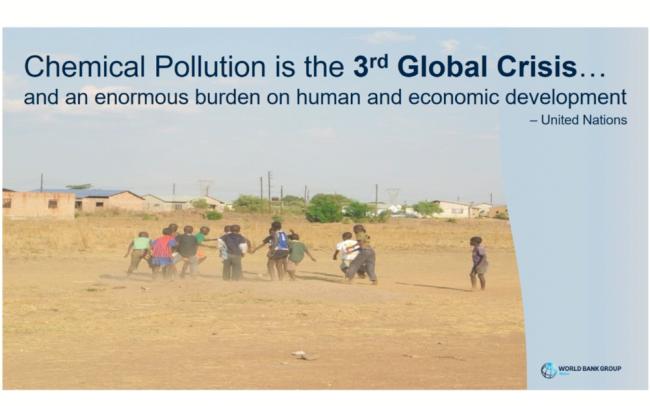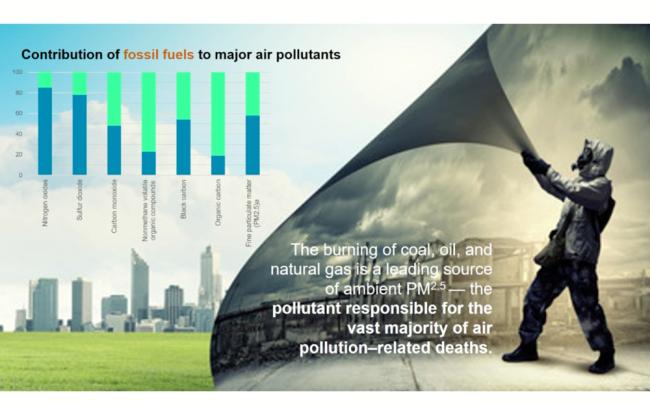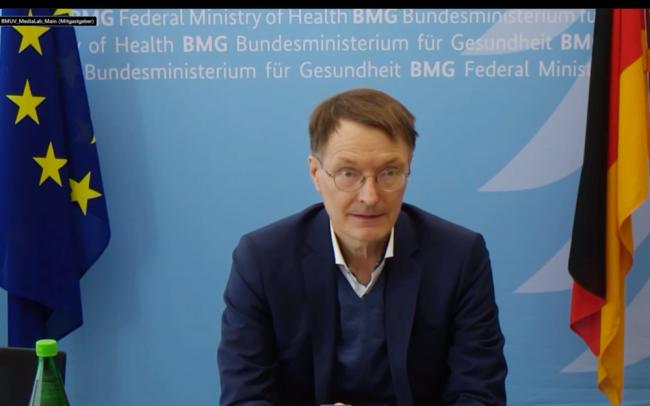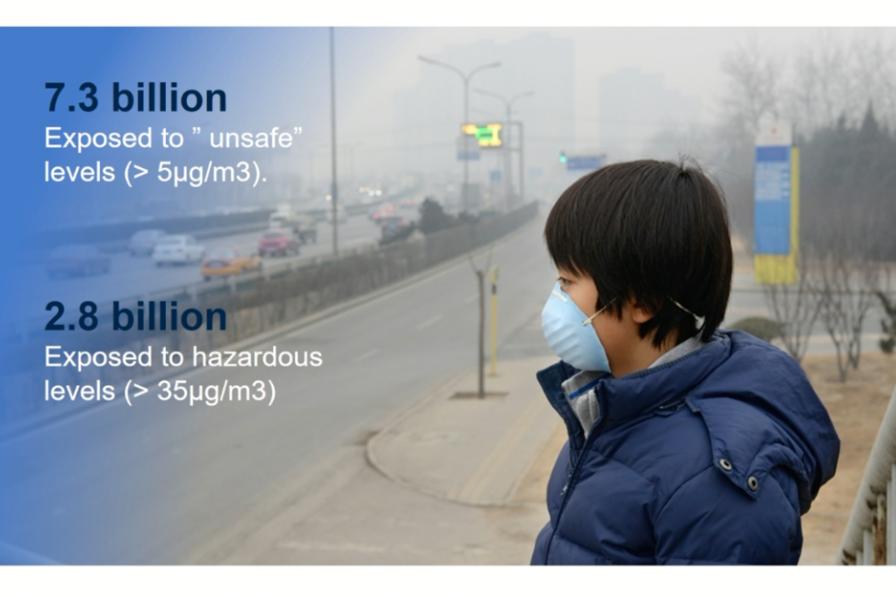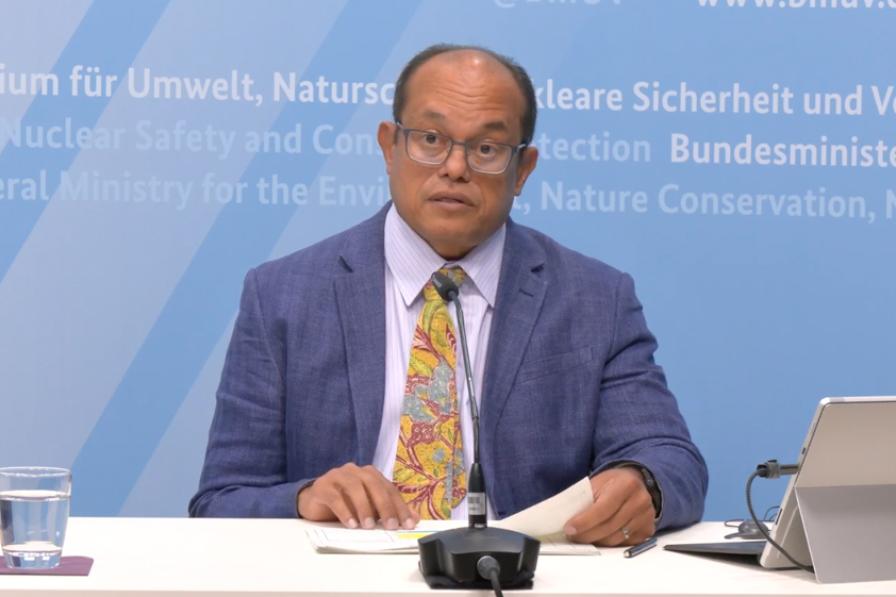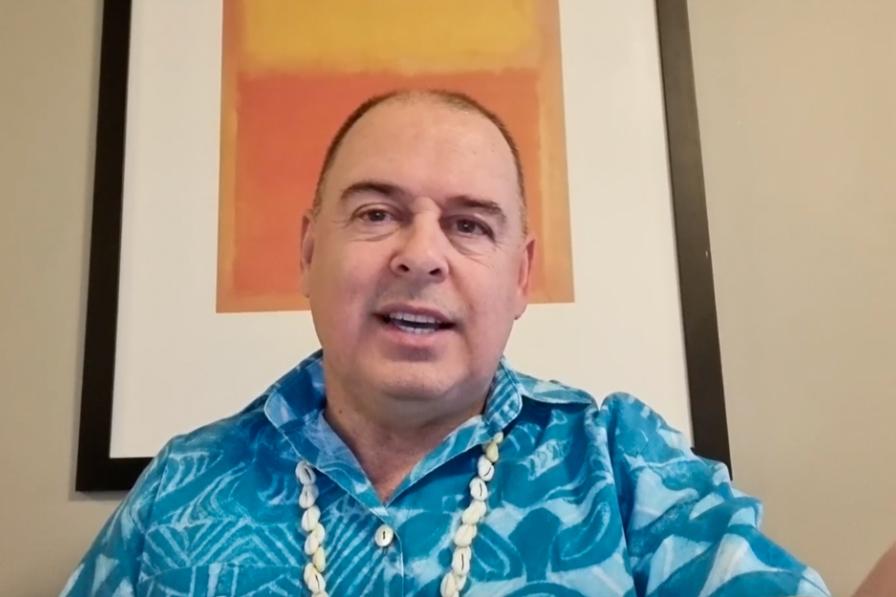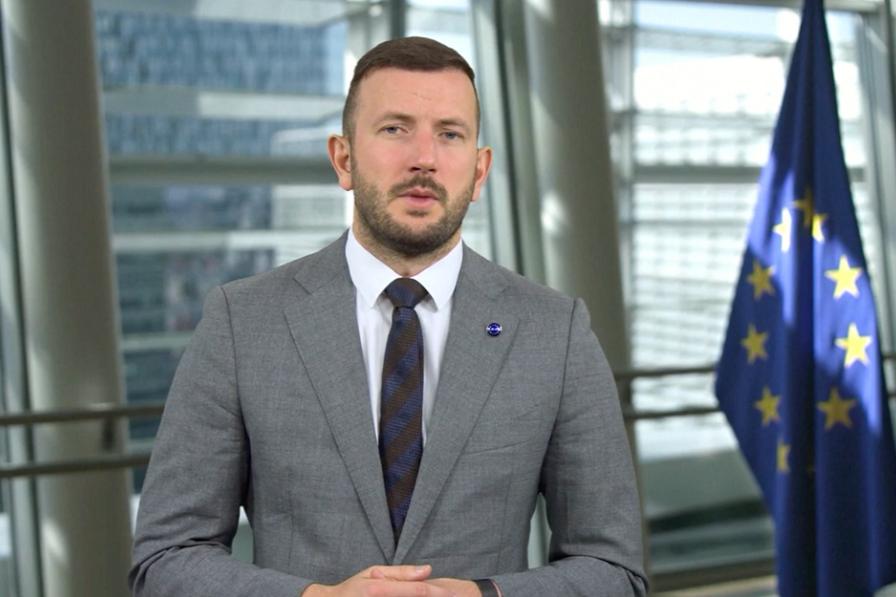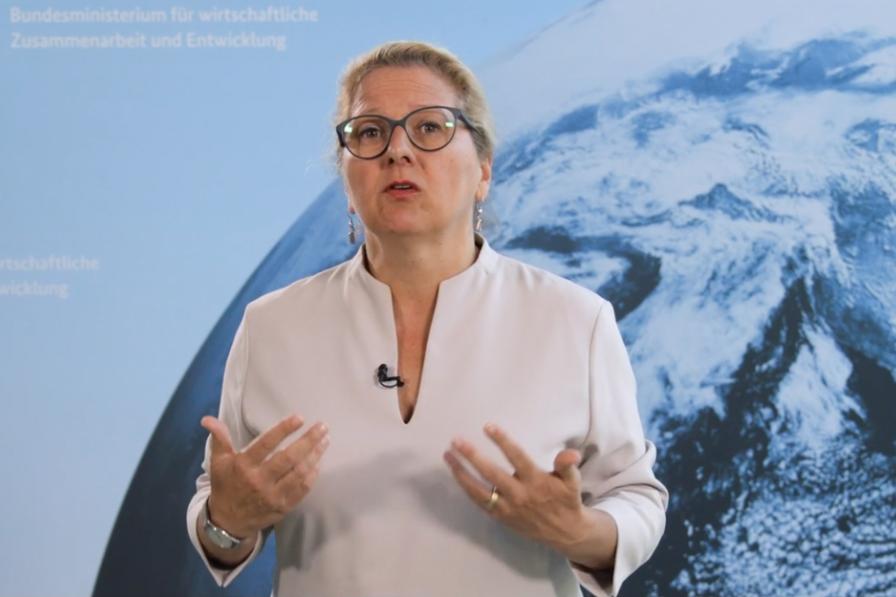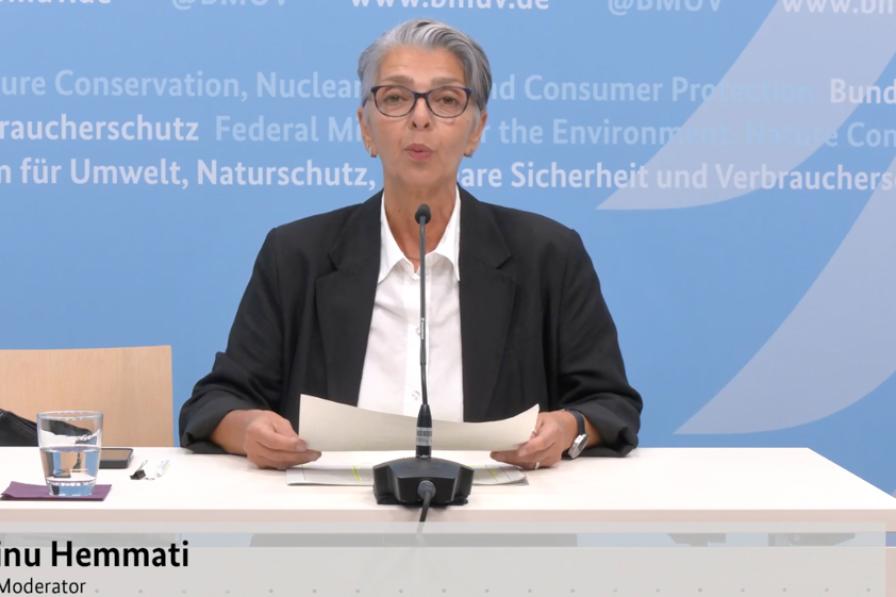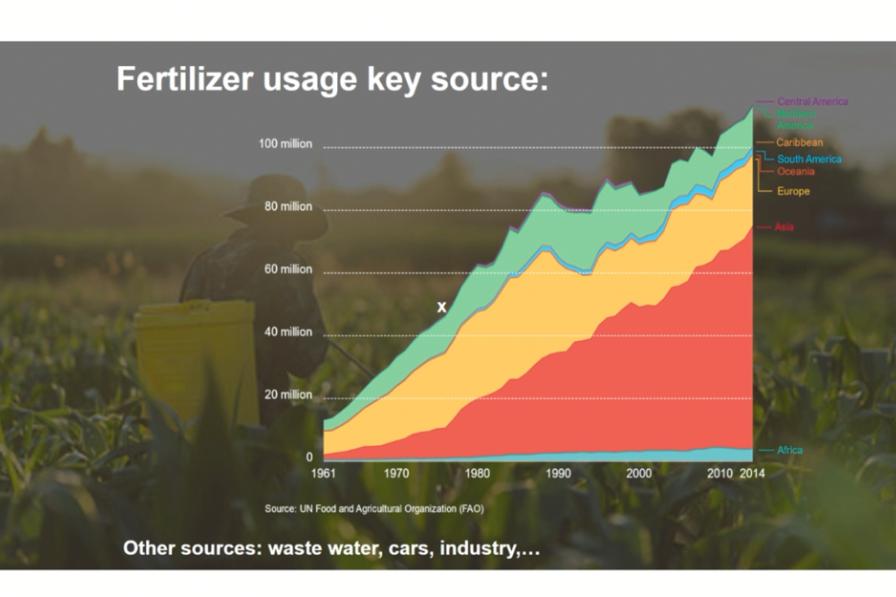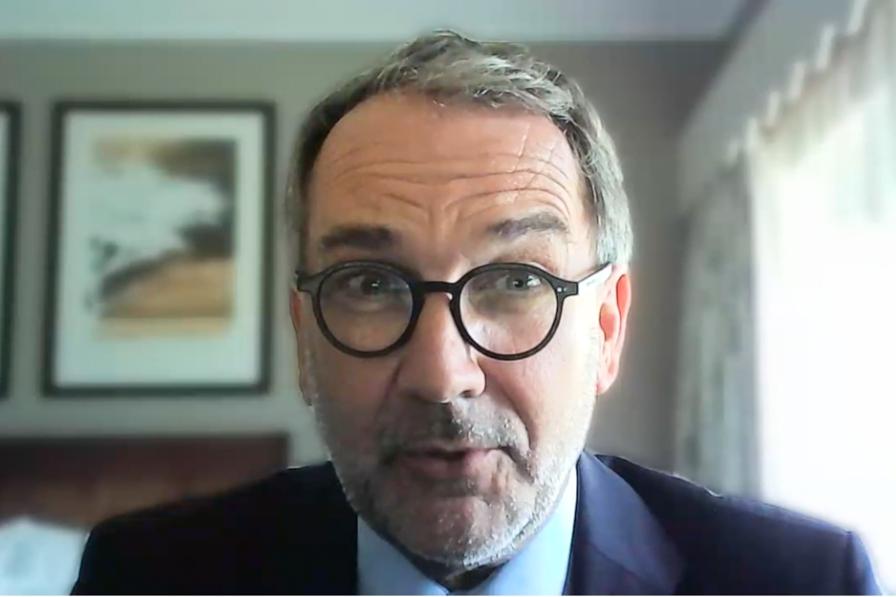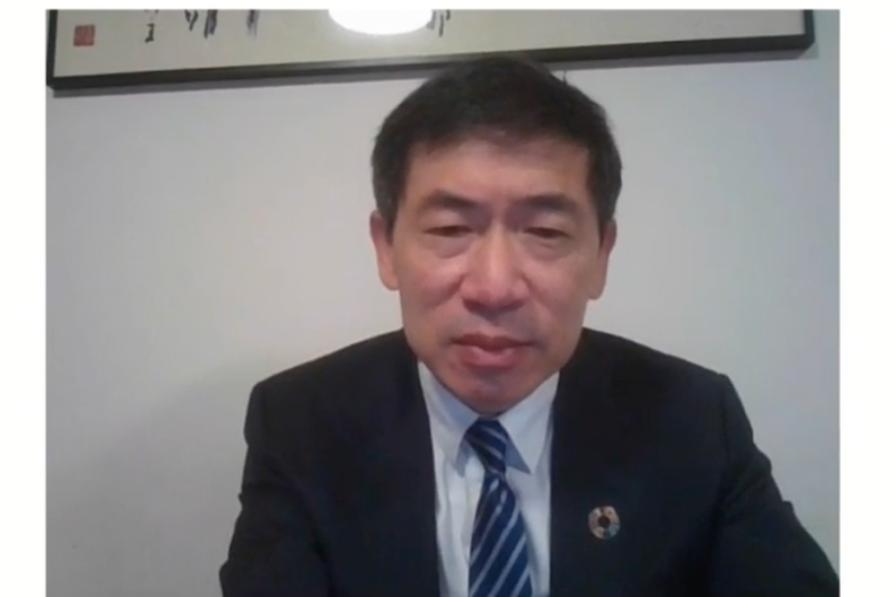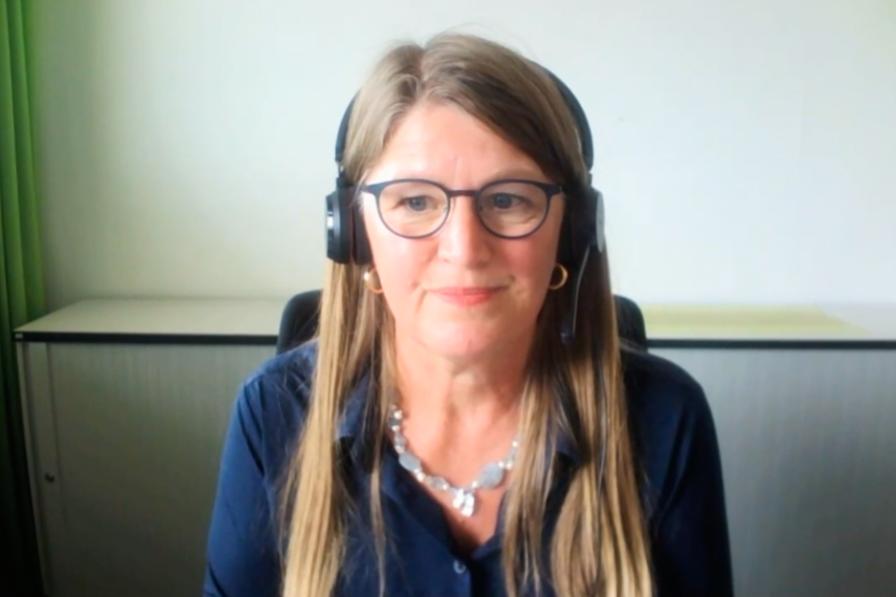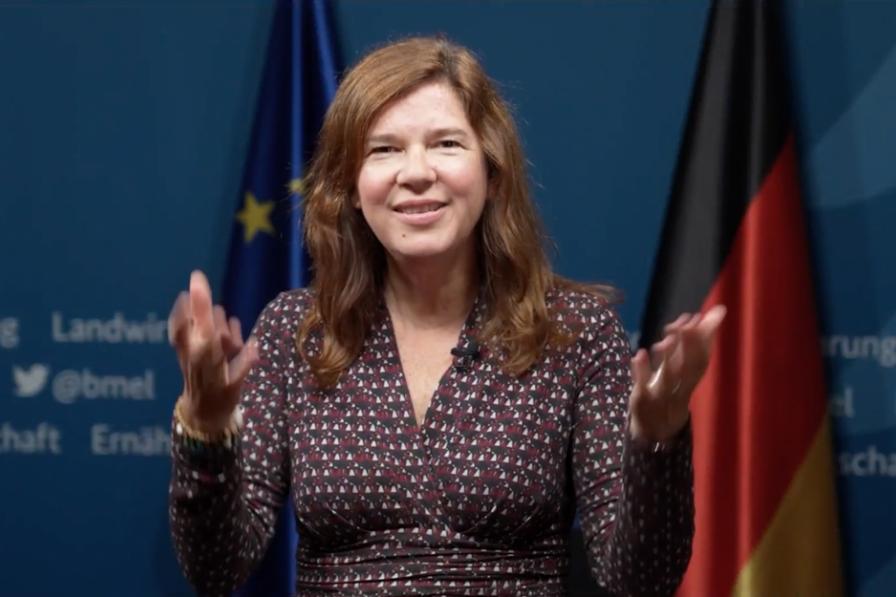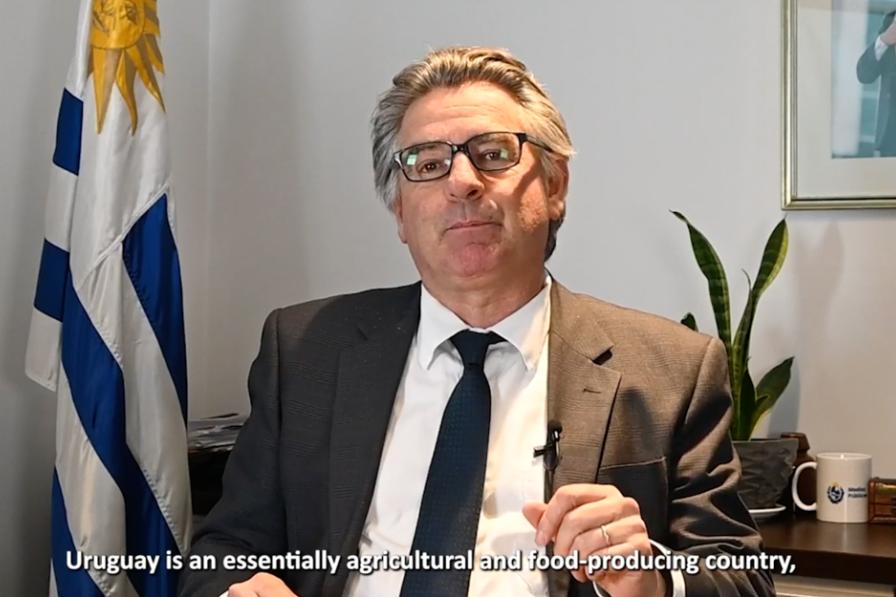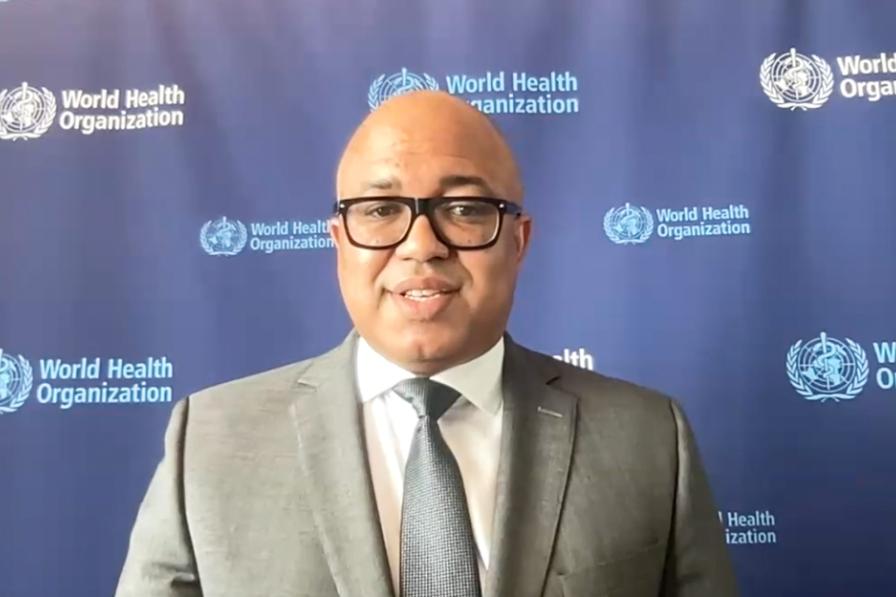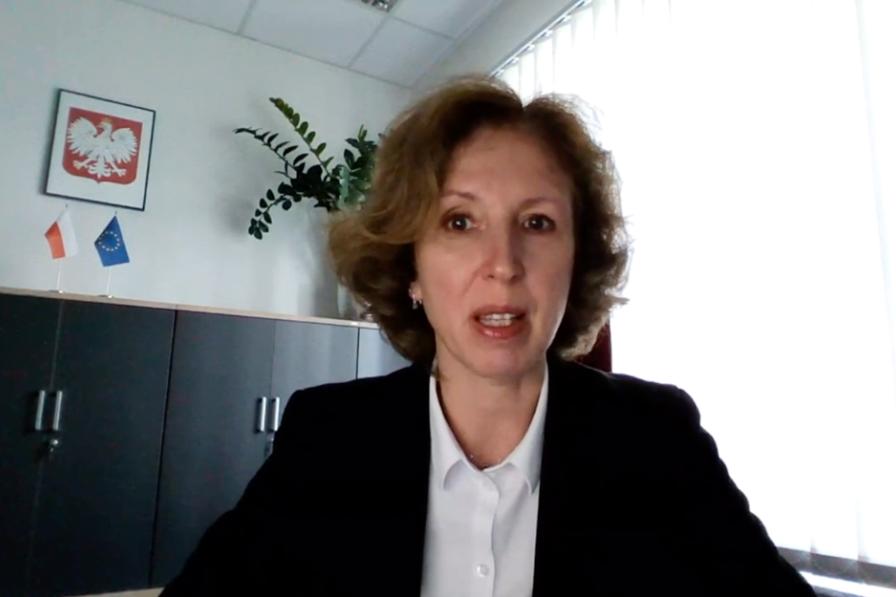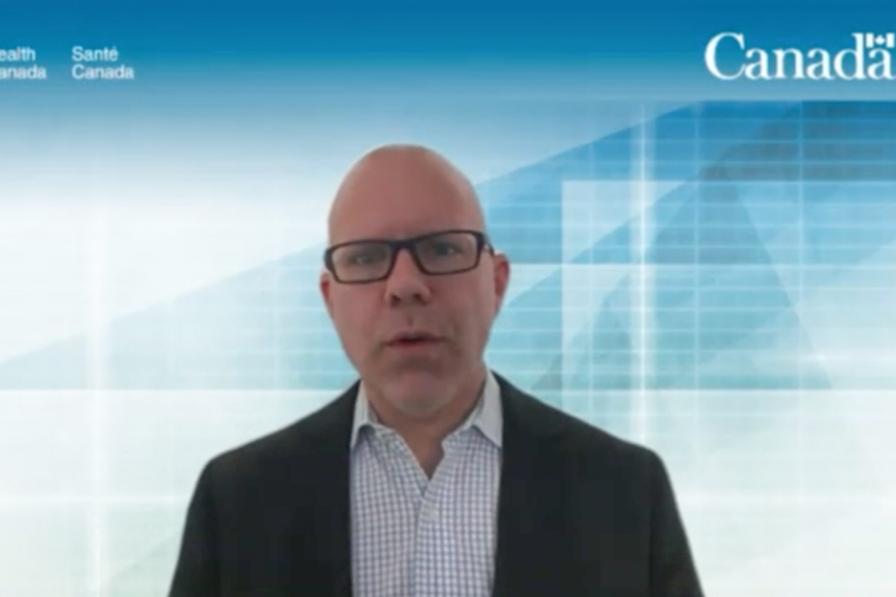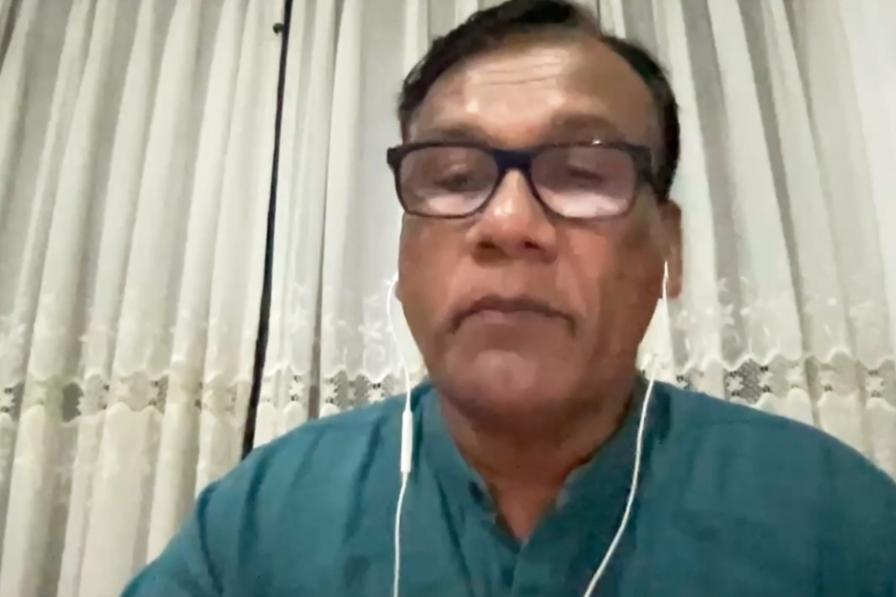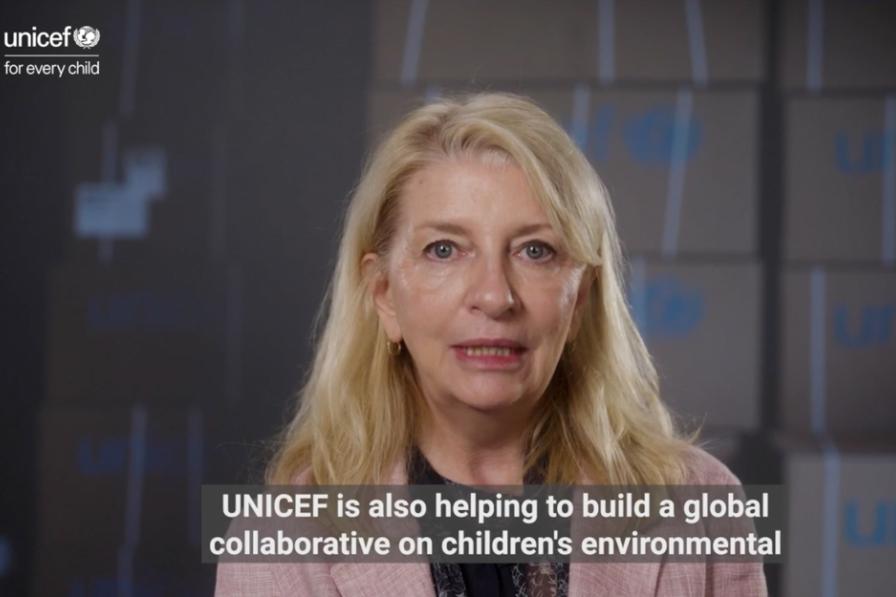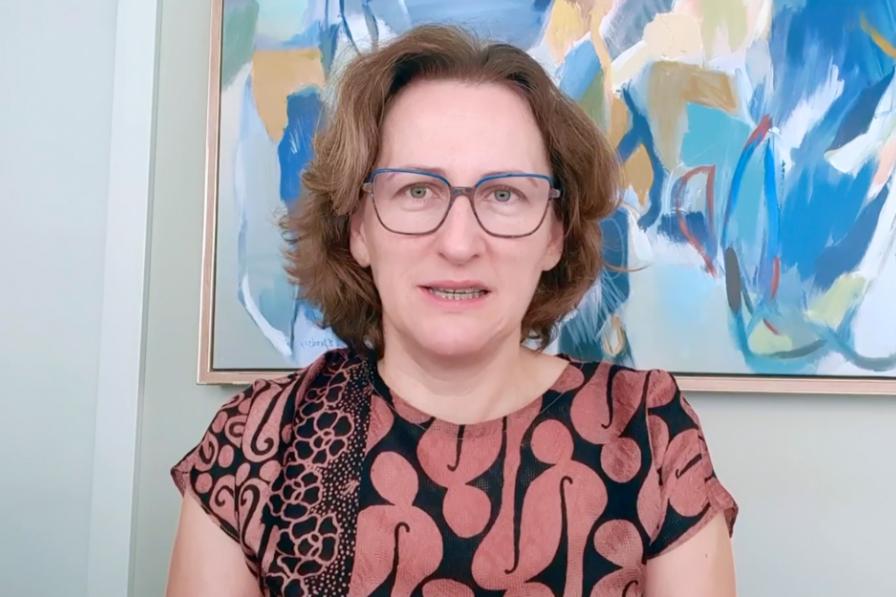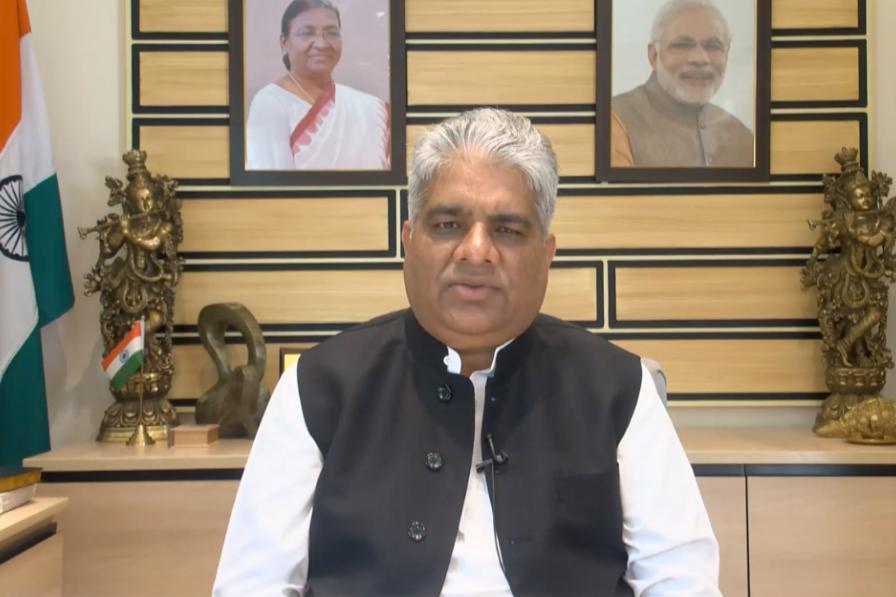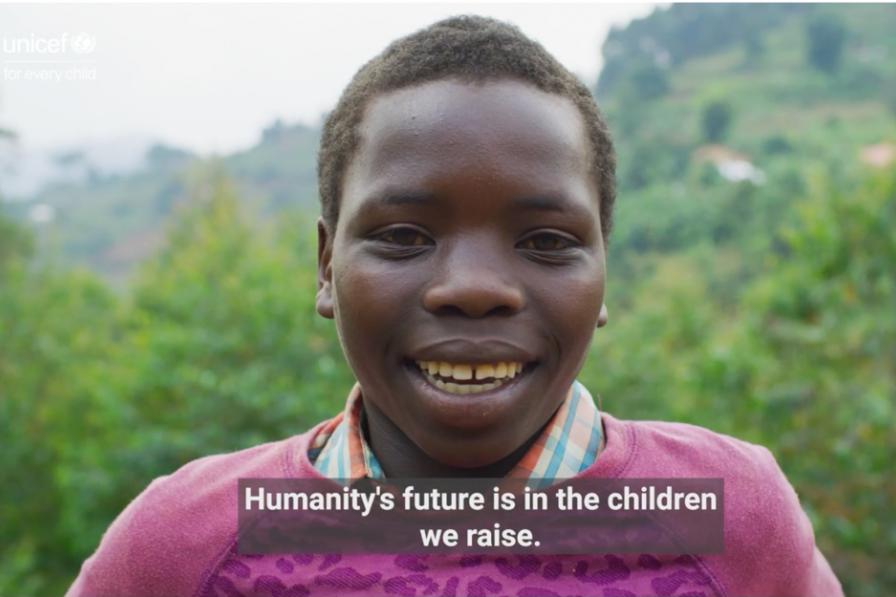The first day of the 2nd Berlin Forum on Chemicals and Sustainability featured a range of voices from government, business, industry and civil society, all calling for increased action on the sustainable management of chemicals and waste. At the heart of discussions was the recognition that all stakeholders need to come on board to help achieve the desired ambitious outcome on the sound management of chemicals and waste beyond 2020 during the upcoming 5th International Conference on Chemicals Management (ICCM5).
Rolph Payet, Executive Secretary of the Basel, Rotterdam and Stockholm Conventions Secretariat, and Minu Hemmati, independent consultant, opened the Forum. Steffi Lemke, Federal Minister for the Environment, Germany, noted the pollution crisis affects all economic areas and all aspects of our lives, and stressed that without the sound management of chemicals, it is impossible to achieve the 2030 Agenda promise of “leaving no one behind.”
Mark Brown, Prime Minister, Cook Islands, called for managing chemicals and waste throughout their lifecycle, including addressing leakage into the environment, noting this is essential for achieving the Sustainable Development Goals (SDGs). He encouraged all participants to maintain their commitment to a blue continent and blue planet, and reduce the amount of toxic chemicals entering the Ocean.
Virginijus Sinkevičius, EU Commissioner for Environment, Oceans and Fisheries, said Europe wants to achieve a toxic-free environment in a world where chemicals still play a huge role. He called for the upcoming ICCM5 to adopt an ambitious international framework that reflects the urgency of dealing with the current pollution crisis.
Svenja Schulze, Federal Minister for Economic Cooperation and Development, Germany, identified the inappropriate use of chemicals along their lifecycle, from production to disposal, as a key cause of pollution. She stressed the need to transform lifestyles and economies towards sustainability, and urged participants to use the Forum to pave the way to a successful ICCM5.
In a keynote presentation, Richard Damania, Chief Economist of the Sustainable Development Practice Group, World Bank, outlined the economic impact of unsustainable chemicals and waste management and discussed possible solutions. Focusing on specific chemicals such as lead, cadmium and asbestos, he discussed their uses and highlighted their impacts on health and the environment.
Following the introductory and keynote presentations, participants gathered in two dialogues on: food security; and human health and the environment. The High-level Dialogue on Food Security considered how relevant stakeholders, such as government agencies and farmers, can acquire the skills needed to ensure both food security, and human and soil health. Several participants stressed the importance of chemicals to the agriculture sector and the need for sustainable production methods.
The High-level Dialogue on Human Health and the Environment considered existing measures and activities in the health sector and how these can be replicated for the sustainable management of chemicals and waste. Panelists discussed national initiatives and policies from, inter alia, the Kyrgyz Republic, Poland, Sri Lanka, Canada, South Africa, India, and Belgium, providing insight into how some of these initiatives can be scaled up to the international level.
During the meeting, participant polls were also conducted on:
- the most important leverage points along agricultural value chains to ensure they are clean, safe and fair, with government action in the form of legislation and regulation, and elimination of highly hazardous pesticides (HHPs) selected as key points; and
- the most important factors to enable effective collaboration across sectors, with participants selecting joint strategy and planning as key.
The Forum will continue on Tuesday and feature, among other things, two dialogues on: labor and occupational health; and innovation for just transition.
To receive free coverage of global environmental events delivered to your inbox, subscribe to the ENB Update newsletter.
All ENB photos are free to use with attribution. For the 2nd Berlin Forum, please use: Photo by IISD/ENB | Kiara Worth.
Welcome and Opening
High-level Dialogue on Food Security
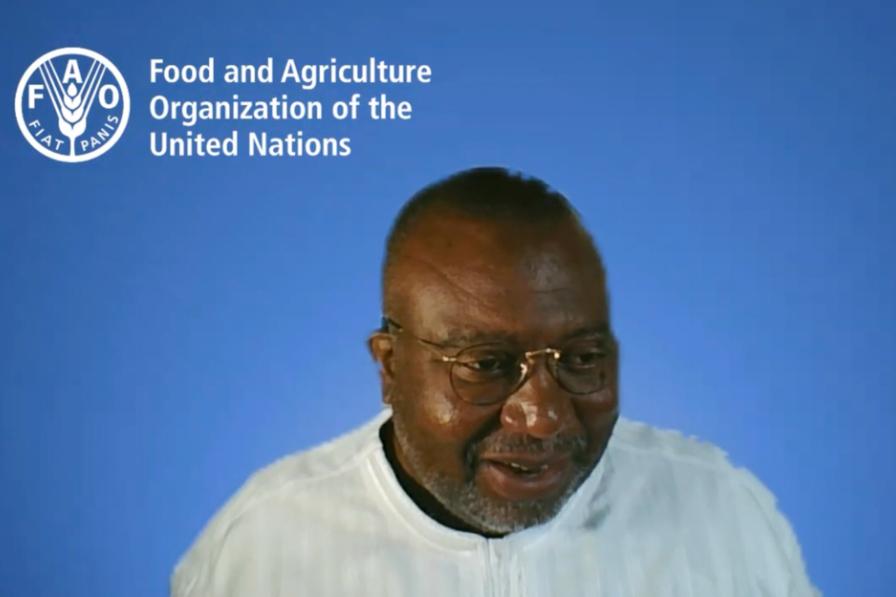
Chikelu Mba, Deputy Director of Plant Production and Protection Division, Food and Agricultural Organization of the UN (FAO)

Arturo Gavilán García, General Director of Integral Management of Hazardous Materials and Activities, SEMARNAT Mexico
High-level Dialogue on Human Health and the Environment
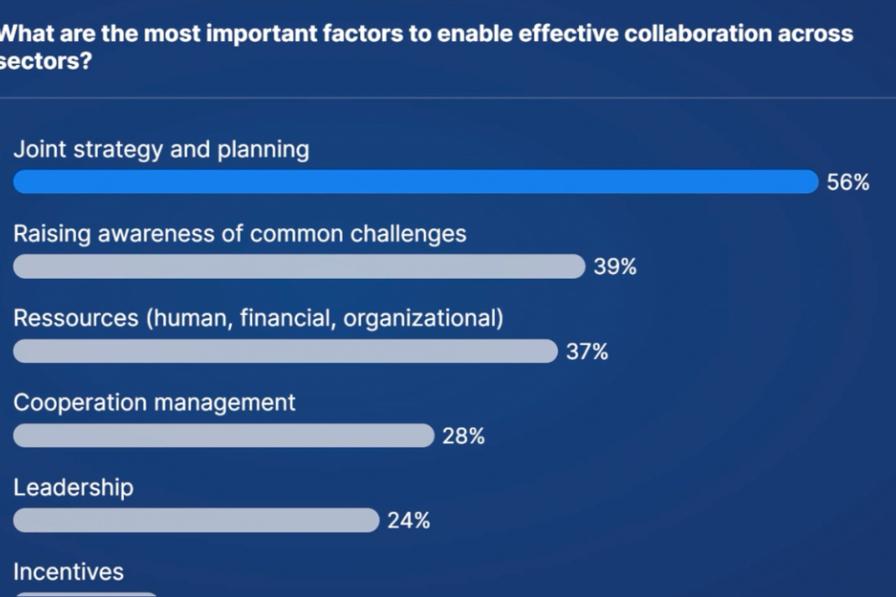
During an interactive poll, participants highlight the most important factors for enabling effective collaboration
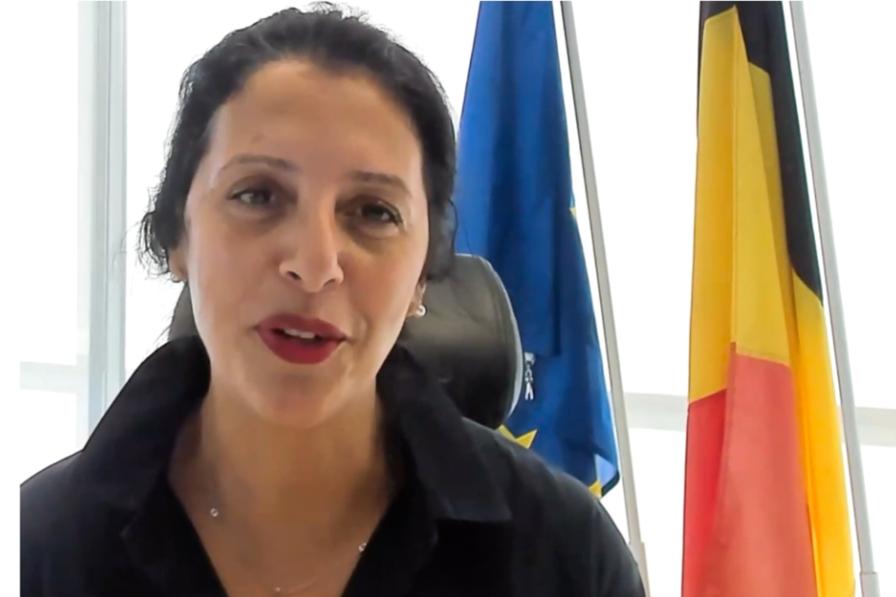
Zakia Khattabi, Minister of Climate, the Environment, Sustainable Development and Green Deal, Belgium
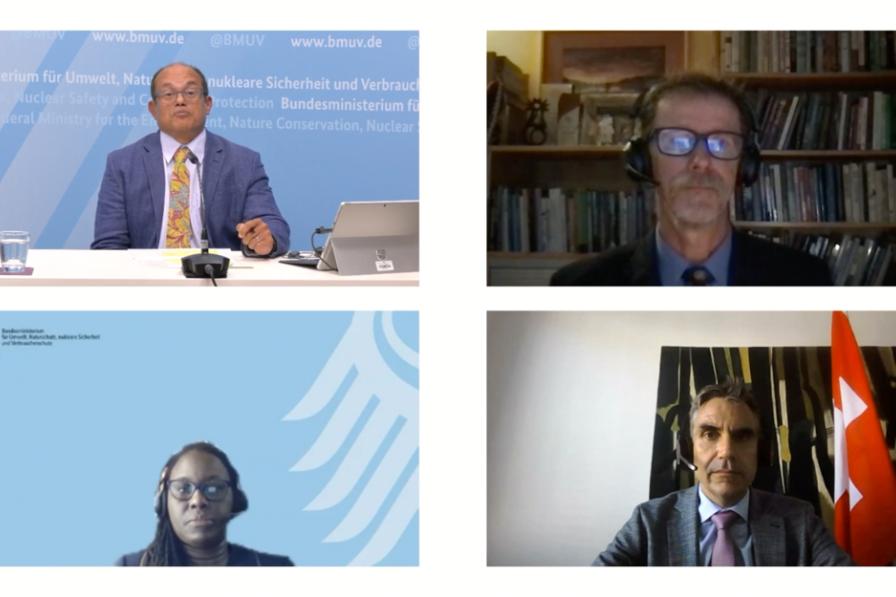
Panel discussants: Rolph Payet, BRS Executive Secretary; David Boyd, UN Special Rapporteur on Environment and Human Rights; Sherika Whitelocke-Ballingsingh, Women's Major Group, UNEP; and Felix Wertli, Swiss Ambassador for the Environment, Head of the International Affairs Division, Swiss Federal Office for the Environment

Hannah-Andrea Rother, Professor and Head of Environmental Health Division, University of Cape Town, South Africa

